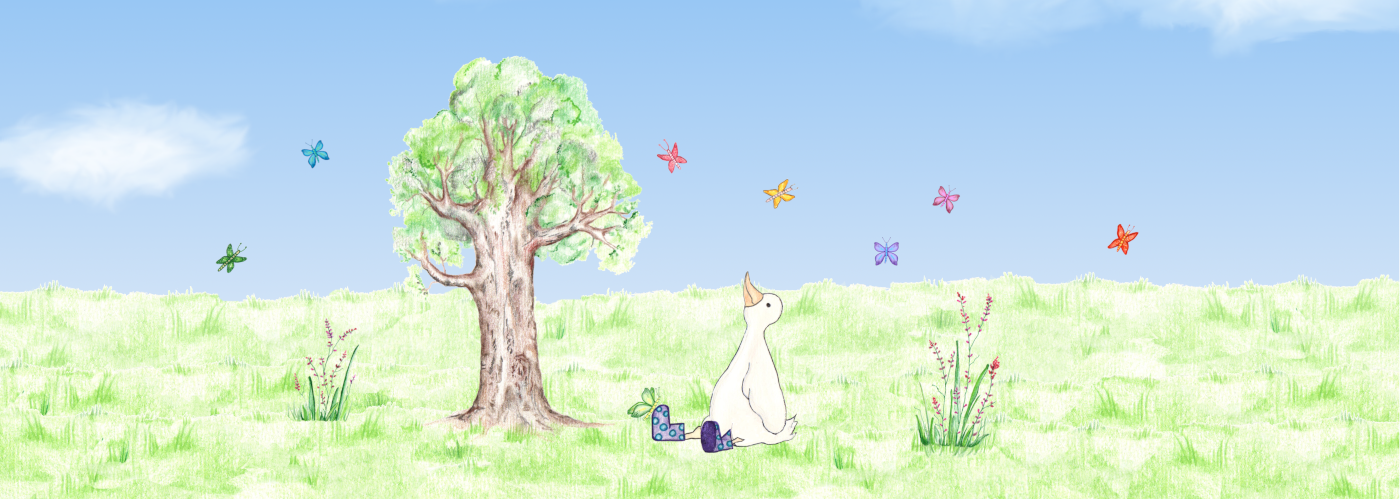Stage 2 was a little more intense. We had something like 7 interviews with a new social worker. It seems the adoption agency changes the social workers between stages, perhaps so that more people have met you and evaluated your suitability, so that assessment carries more weight.
We were asked about our childhoods, our relationships with family and friends, our marriage, our jobs, hobbies, interests, views, beliefs, prejudices and priorities. The social worker was so friendly, it somehow didn’t feel intrusive at all. She also interviewed the friends and family who had been asked for a written reference in Stage 1, and she interviewed our daughter, who was 3 at the time and loved the attention!
A somewhat awkward part of the process was when the social worker asked us about what we would be willing to consider/accept. We were asked about a quite specific list of disabilities, and about varying levels of disability. We were also asked some very open questions, such as would we feel able to adopt a child who had a mental illness, which felt very vague, as mental illnesses vary so much. There were some adoption-specific things to consider, such as whether we would consider adopting a child who had other siblings already in foster care or other adoptive placements.
We were limited by our daughter’s age, as the adoption agency we were going through required an 18 month age gap (and they prefer 24 months) and the adoptive child must be the youngest. There is various psychology behind this, but essentially it’s so that they receive the increased level of attention that the baby in the family should receive, and apparently it is also psychologically better for child(ren) who are already in the family. So we knew we would be looking to adopt a child under 2-ish years old, depending on how long it took to find a suitable match, as of course the acceptable age range would widen as our daughter got older. I was keen to adopt a child under 18 months old anyway, as my experience with my daughter and her little friends had shown me that that is a very challenging age, and I was keen for our future child to be settled and confident that we loved them, before they started to have the big emotions and nightmares that are common from around 18 months old.
We looked online at lists of questions we may be asked, so that we could be prepared for the meeting. The age restriction meant the full set of questions that we saw online wasn’t applicable to us, but the one that shocked me most, although we weren’t asked it, was “Would you consider adopting a child who was pregnant?” I often think about that even now, years later. There are pregnant children in this world, who need to be adopted. I imagine most must end up in long term foster families, because they will be old enough to have a strong sense of identity and not want to be adopted, but that too is tragic, and the fact that that question exists is still quite shocking.
We didn’t limit ourselves very much. We were more comfortable with some risks than others, but we knew that we would decide whether we wanted to adopt a baby based on their overall story, and it seemed silly to narrow the search unnecessarily. So we confirmed that we didn’t have any preference about gender, race, religious background, language spoken by birth parents (I love learning languages and explained that I would learn whatever language the birth parents spoke, so that I could teach it to both of our children). I don’t think we would have been seriously considered to adopt a child from a different race/nationality, because we hadn’t been saying that we specifically wanted to do that, and apparently some other adopters do. We had also learned during the training that the social workers try as often as possible to find a “physical match” so that the child doesn’t feel like the odd one out.
We were very open in terms of health concerns and disability, though we did explain that we felt that any disability that required one of us to give up work and frequent hospital stays, would be a bit too daunting for us, as it would have such a massive impact on our daughter’s life. We also said we were not comfortable with adopting any child who had a known health condition that significantly reduced their life expectancy, or a child with a horrible contagious disease that might affect our daughter. It felt somewhat wrong to discuss these things, as though there were hundreds of babies in a catalogue and we were narrowing the search. And it seemed somewhat cruel to say no to anything. We knew that once we had adopted a child, we would find a way to cope with whatever life threw at us! But we had to think of our daughter’s needs too.
Finally, the social worker sent us her Prospective Adopters Report for review. We read it through countless times, requested some tweaks and then signed to confirm that everything we had told her was true. The ~80-page summary of us was sent off to the review panel, who had several weeks to review it, ahead of the approval panel interview.
